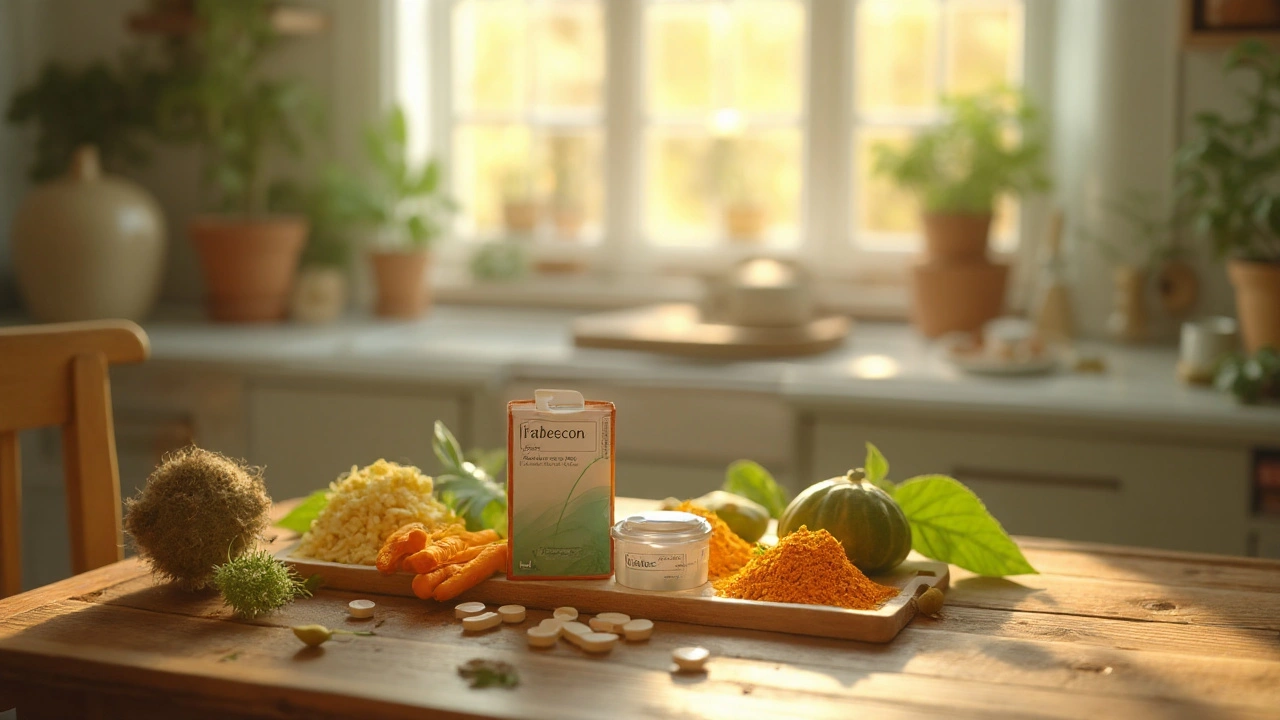Diabetes Supplement Guide – What Works and What to Watch For
If you have diabetes, you’ve probably heard about supplements that could help control blood sugar. They sound easy: pop a pill, enjoy better numbers. The truth is a bit more nuanced. Some supplements have real research backing them, while others are just hype. Below you’ll find a straight‑forward look at the most common options, what the evidence says, and how to use them safely.
Common Types of Diabetes Supplements
Here are the main groups people try:
- Chromium – Often marketed as a blood‑sugar balancer. Some short‑term studies show a modest drop in fasting glucose, but the effect isn’t consistent for everyone.
- Cinnamon extract – A popular spice that may improve insulin sensitivity. The research is mixed; a few trials report lower post‑meal glucose, while others find no change.
- Alpha‑lipoic acid (ALA) – An antioxidant that can help with nerve pain (diabetic neuropathy). It’s one of the few supplements with solid evidence for reducing pain and improving nerve function.
- Berberine – A plant compound that works like some prescription drugs. Studies show it can lower HbA1c by about 0.5% when taken with diet changes.
- Vitamin D – Low levels are linked to poorer glucose control. Supplementing may help if you’re deficient, but it won’t replace medication.
Remember, supplements are not a substitute for prescribed drugs like sitagliptin or insulin. They are meant to complement a healthy diet and lifestyle.
How to Choose and Use a Diabetes Supplement Safely
First, talk to your doctor. They can check for interactions with your meds and see if a test (like a vitamin D level) is needed. Next, pick a product that lists the exact amount of the active ingredient. Vague labels are a red flag.
Start with the lowest recommended dose and track your blood sugar for a week or two. If you see a steady improvement and no side effects, you can consider staying on that dose. If numbers swing wildly or you feel dizzy, stop and let your doctor know.
Buy from reputable sources – pharmacies, well‑known supplement stores, or brands that have third‑party testing. Cheap off‑brand pills often contain filler or the wrong amount of the ingredient.
Finally, keep realistic expectations. A supplement might shave a few points off your A1c, but it won’t replace a balanced diet, regular exercise, and proper medication. The best results come from using supplements as a small piece of a bigger health puzzle.
To sum up: focus on proven options like berberine, ALA, or cinnamon, check purity, start low, and always keep your doctor in the loop. With the right approach, a diabetes supplement can be a helpful boost on your journey to better blood‑sugar control.

Diabecon: Natural Herbal Supplement for Diabetes Control and Support
A deep dive into Diabecon—what it is, how it works, and whether it's effective for managing diabetes. Tips, risks, and expert advice included.
